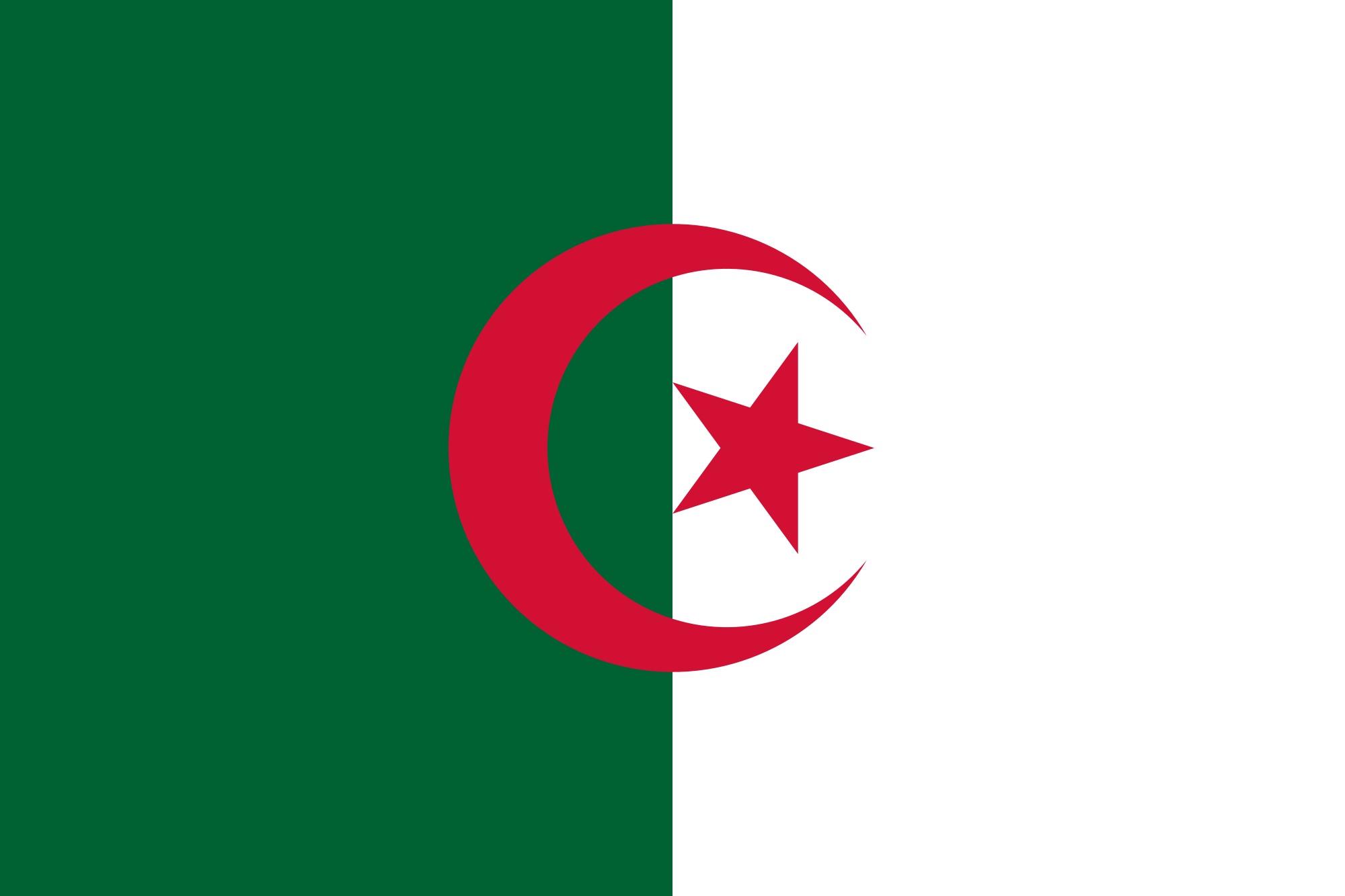UPDATE 2-Algeria lawmakers approve reforms to oil industry, other sectors

- Country:
- Algeria
Algeria's lower house of parliament approved reforms on Thursday to encourage foreign investment in energy projects, allow foreign investors to take majority stakes in non-strategic sectors and enable the government to seek loans overseas. The reforms, included in a new oil and gas law and the 2020 budget bill, still need to be passed by the upper house and face opposition from a large, sustained protest movement in Algeria.
The government appointed a new central bank governor, Benabderahmane Ayman, and a new head of state energy firm Sonatrach, Kamel Edine Chikhi, state television reported. The oil and gas law aims to bolster production capacity by bringing in foreign energy firms, which have stayed away due to unattractive terms, to work with Sonatrach.
Oil and gas sales account for 60% of the state budget and 94% of exports, but they have fallen because of a reduction in crude prices since 2014 and higher domestic energy consumption. The new law introduces production sharing, participation and risk services as new types of contracts for companies partnering Sonatrach, replacing the old concession contracts.
It provides tax incentives, simplifies the structure of fiscal terms and reduces administrative procedures. But it still limits foreign firms to minority stakes in oil and gas projects. The bill is opposed by protesters who have been on the streets since February, demanding a purge of the old ruling hierarchy and an end to corruption. They do not believe the interim government, which has ruled since veteran President Abdelaziz Bouteflika quit in April, should pass any major laws.
Tens of thousands of people march each week. The budget bill envisages a 2020 deficit of 7.2% of gross domestic product despite cutting spending by 9.2%. It aims to cut Algeria's import bill by 13.3% to $38.6 billion, and reduce the balance of payments deficit to $8.5 billion from the $16.6 billion forecast for the end of this year.
While raising taxes on wealth, cars and tobacco, the budget keeps subsidies on fuel, basic foodstuffs, housing and medicine unchanged at 8.4% of GDP. The budget changes the law to allow the government to seek foreign loans. Opposition lawmakers voted against the budget and the energy law and criticised some clauses seen by the government as essential to ease financial pressure.
"The government imposes a wealth tax in the absence of a list of the rich. The tax is intended for Algerians to share the burden of the austerity policy," said Lakhadar Benkhallef from the opposition Justice Front party. Algeria's crude sales fell in the first nine months of this year to $24.6 billion from $29 billion in the same period of 2018.
The upper house must vote on the bills in coming weeks but the timing for them to be signed into law remains in doubt due to a Dec. 12 presidential election, which protesters want cancelled. The protest movement says election while Bouteflika's allies are still in powerful positions would not free and fair.
(This story has not been edited by Devdiscourse staff and is auto-generated from a syndicated feed.)
- READ MORE ON:
- Algeria
- Abdelaziz Bouteflika










